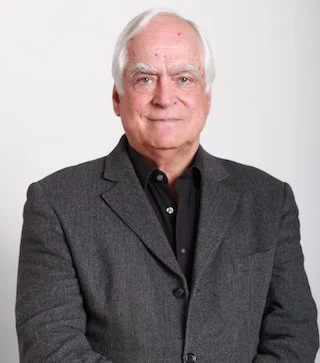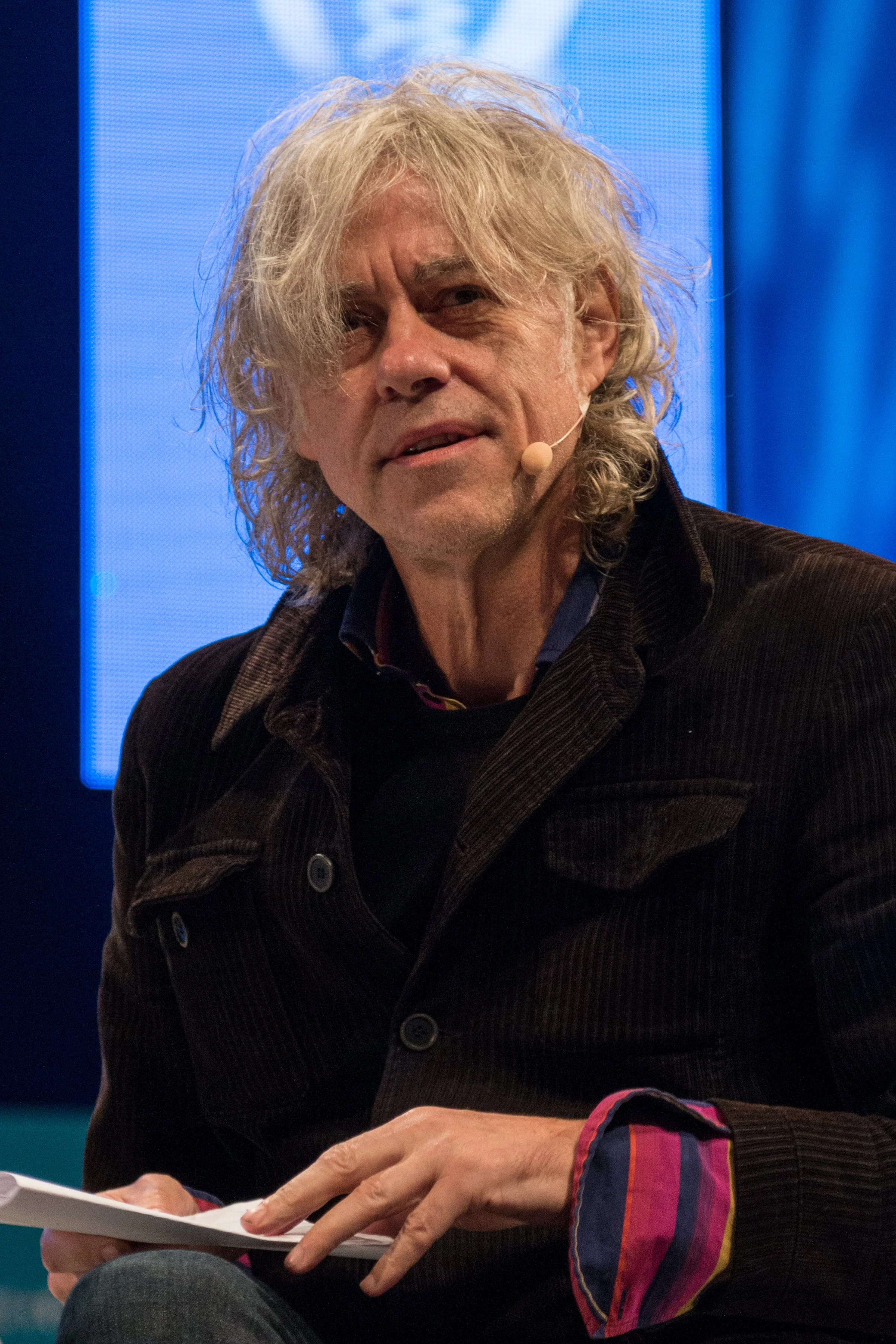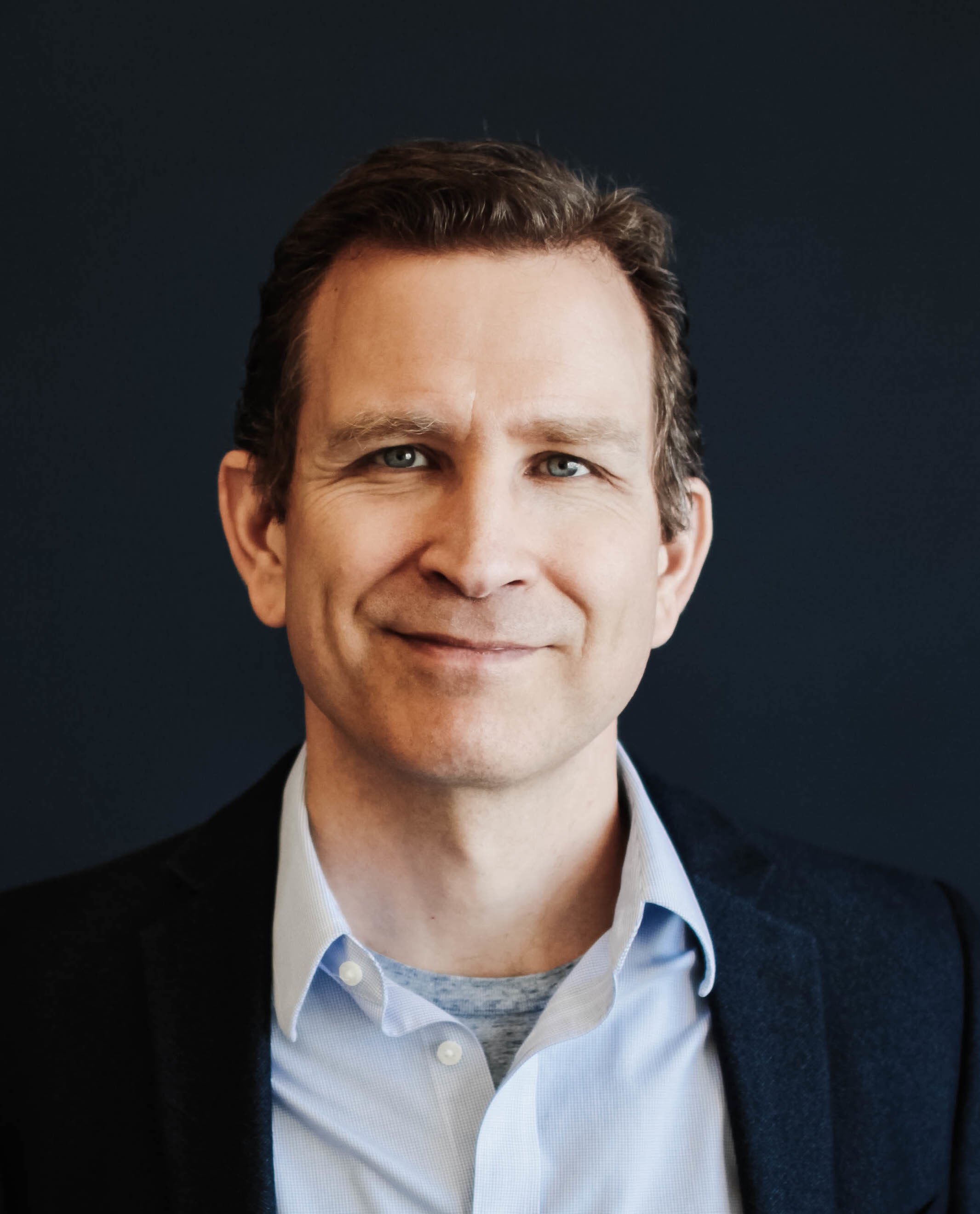How to End Extreme Poverty by 2030?
Written by Emily John
Summary
In an era where global challenges intertwine, poverty stands as the root cause of numerous crises, from famine to political instability. Our latest blog delves into a comprehensive panel discussion featuring experts from diverse fields, who shed light on the multifaceted nature of poverty and the systemic reforms needed to combat it. Highlighting the importance of multi-stakeholder cooperation and innovative strategies, the blog navigates through the insights of activists, industry leaders, and visionaries who believe in a sustainable and equitable future.
-
Improve and adjust democracy so it works better to address 21st century problems like poverty and migration.
-
Develop more equitable and sustainable food and agriculture systems that support small farmers.
-
Use all means necessary to stop autocratic leaders from further destabilizing the world through conflicts and human rights abuses.
Table of Contents
Introduction
The Global Challenge of Poverty
Insights from the Experts
Dana Gould's Moderation
Bruce Friedrich's Vision
Peter Eigen's Advocacy
Bob Geldof's Passion
Strategies for Change
The Urgency of Multi-Stakeholder Cooperation
FAQs
Conclusion
1. Introduction
In our interconnected world, poverty remains the most formidable issue, acting as the root cause of numerous global challenges, including famine, terrorism, and political instability. Despite progress, recent setbacks threaten the achievement of the United Nations' 2030 goals, highlighting the need for systemic reforms and cooperative efforts across all sectors of society.
2. The Global Challenge of Poverty
Poverty is an issue that transcends borders, affecting millions worldwide and contributing to a cycle of malnutrition, disease, and socio-political unrest. The COVID-19 pandemic has further exacerbated this situation, pushing millions more into the abyss of poverty and making the UN's ambitious 2030 goals appear increasingly unattainable without significant, systemic economic and political reforms.
3. Insights from the Experts
- Dana Gould's Moderation
Dana Gould led a panel discussing strategies to end extreme poverty by 2030. The panel included diverse perspectives, focusing on innovative solutions and the importance of leaving no one behind.
- Bruce Friedrich's Vision
Bruce Friedrich emphasized the role of agriculture in poverty and malnutrition, advocating for alternative proteins to improve food systems, reduce prices, and mitigate climate change, ultimately impacting poverty levels.
- Peter Eigen's Advocacy
Peter Eigen shared insights on combating corruption and the essential role of multi-stakeholder cooperation, including civil society, the private sector, and governments, in making deliberative decisions towards poverty alleviation.
- Bob Geldof's Passion
Bob Geldof stressed that poverty is a major destabilizing factor globally. He argued that achieving the UN's 2030 goals requires systemic reforms, particularly in political and economic systems, to address modern challenges effectively.
4. Strategies for Change
The panelists proposed several strategies, including:
Developing sustainable and equitable food systems through innovative agricultural practices.
Enhancing democratic systems to be more responsive to 21st-century challenges.
Encouraging a global approach to curb authoritarian threats and promote human rights.
5. The Urgency of Multi-Stakeholder Cooperation
The discussion underscored the critical need for cooperation among public, private, and civil society sectors to address the multifaceted issues of poverty. This approach is vital for fostering innovative solutions and ensuring inclusive progress towards global poverty eradication.
6. FAQs
Q: Can the UN's 2030 goals still be achieved? A: Achieving the goals is challenging but possible with systemic reforms and global cooperation.
Q: Why is agriculture important in the fight against poverty? A: Sustainable agriculture can free up land, lower food prices, and combat climate change, directly impacting poverty levels.
Q: How can individuals contribute to alleviating poverty? A: Individuals can contribute by supporting sustainable practices, advocating for political reforms, and participating in or donating to organizations working towards poverty alleviation.
7. Conclusion
The battle against poverty is daunting, yet not insurmountable. With strategic interventions, systemic reforms, and global cooperation, we can pave the way towards a more equitable and prosperous future for all. Let us unite in this mission, for the sake of humanity and the planet we call home.
This conversation around poverty, innovation, and cooperation offers a beacon of hope and a call to action for all stakeholders involved. Together, we can forge a path towards a world where poverty is no longer the root cause of humanity's greatest challenges.
Dana Gold
Government Accountability Project’s Senior Counsel and Director of its Democracy Protection Initiative
Peter Eigen
Lawyer, founder and former chair of Transparency International
Bob Geldof
Irish singer-songwriter and political activist
Bruce Friedrich
Co-founder and president of The Good Food Institute (GFI)






